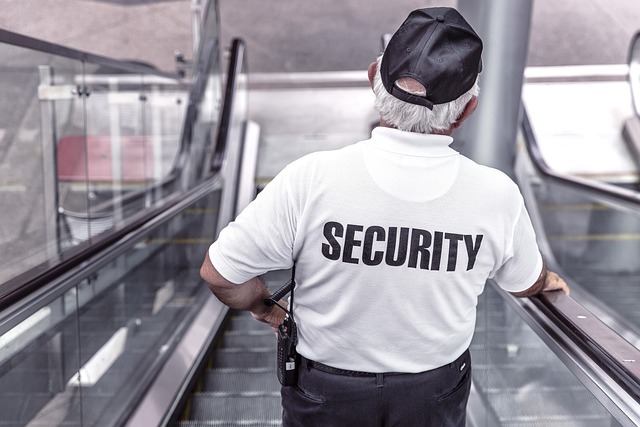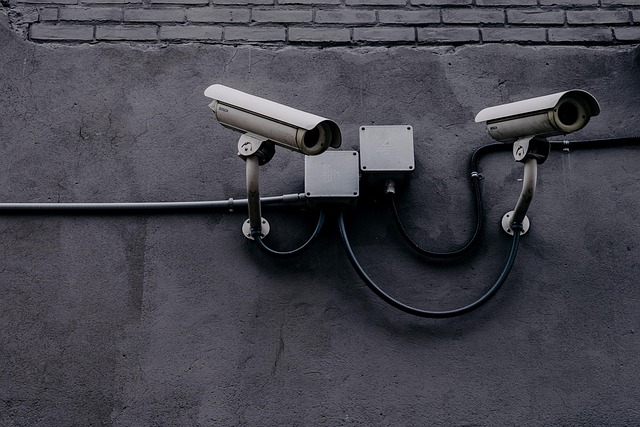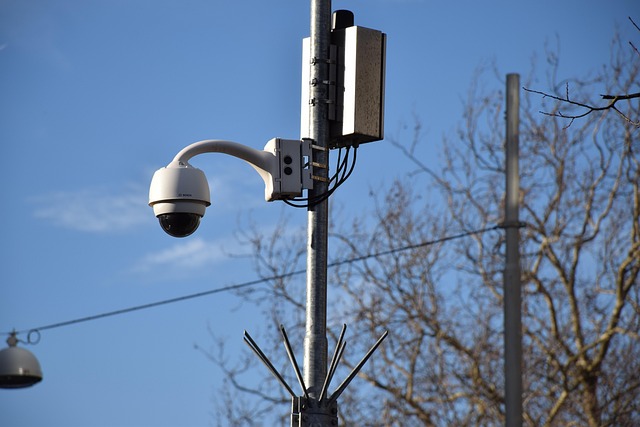Students moving off-campus must actively contribute to their living environment's safety. This involves understanding and utilizing security features like smoke detectors, locking doors, joining neighborhood watches, and staying informed about local resources. Choosing secure housing with good lighting, surveillance cameras, and emergency exit plans is crucial. Landlords should provide clear safety guidelines, maintain regular maintenance, and encourage prompt reporting of concerns. Building a strong neighborhood network enhances safety awareness and peace of mind. Students should also implement robust security measures in their rentals, including strong locks, valuable storage systems, and familiarization with community safety features and protocols. Staying informed about emergency procedures, installing essential alarms, and keeping contact lists updated are vital for off-campus student safety.
As students, navigating off-campus living can seem daunting, but with the right guidance, it can be a secure and enriching experience. This comprehensive student guide delves into essential aspects of securing safe off-campus apartments, from understanding your responsibilities as a tenant to building a strong neighborhood network. Discover key features to look for in rentals, learn how to protect your belongings, and stay informed about emergency protocols—essential steps towards ensuring your well-being in new living spaces.
- Understanding Your Safety Responsibilities as a Student Tenant
- How to Choose Secure Off-Campus Housing
- Essential Features for Safe Student Rentals
- Building and Maintaining a Strong Neighborhood Network
- Protecting Your Personal Belongings in Shared Spaces
- Staying Informed and Prepared: Emergency Response Protocols
Understanding Your Safety Responsibilities as a Student Tenant

As a student moving into off-campus housing, it’s crucial to understand your role in maintaining a safe living environment. While property managers and landlords are responsible for ensuring the physical security of the space, students also play a vital part in their own safety. Familiarize yourself with the security features of your rental, such as smoke detectors, carbon monoxide alarms, and emergency exit routes. Regularly test these devices to ensure they’re functional. Additionally, keep your personal belongings secure by locking doors and windows, especially when leaving the apartment or during periods of unoccupied time.
Consider joining a neighborhood watch or community group to enhance overall safety. Stay informed about local resources for student housing security, such as campus police or community-based watch programs. Always be aware of your surroundings, note potential hazards, and report any concerning issues to the appropriate authorities. A proactive approach to student housing safety ensures a secure living experience both for yourself and your fellow tenants.
How to Choose Secure Off-Campus Housing

Choosing secure off-campus housing is a crucial step for students looking to live independently. Start by researching neighborhoods that prioritize student safety and have low crime rates. Check if the area has good lighting, visible security cameras, and a nearby police or security presence. Online reviews from current tenants can also provide valuable insights into the safety of potential rentals.
Consider properties that offer on-site security features such as door monitoring systems, secure entry codes, and 24/7 front desk staff. Look for well-maintained buildings with clear emergency exit plans and regular fire drills. Additionally, review the lease agreement to ensure it includes provisions for tenant safety, such as clear rules about visitors and restrictions on certain activities that could compromise security.
Essential Features for Safe Student Rentals

When exploring off-campus student housing options, prioritizing safety is paramount. Essential features that contribute to secure student rentals include well-lit common areas and entry points, accessible emergency exit routes, and robust security systems such as surveillance cameras and door locks with access control. These measures significantly enhance student housing safety by deterring potential intruders and enabling swift response during emergencies.
Additionally, reliable communication channels like working fire alarms and smoke detectors, along with a proactive neighborhood watch program, further bolster housing security tips. Landlords should also provide clear guidelines on emergency procedures, maintain regular maintenance checks for any potential hazards, and foster an environment where students are encouraged to report any safety concerns promptly.
Building and Maintaining a Strong Neighborhood Network

Building a strong neighborhood network is an essential aspect of secure off-campus living for students. Start by familiarizing yourself with your surroundings and getting to know your neighbors, both immediate and across the street. Many landlords and property management teams organize community events or have communication channels dedicated to tenant interaction; actively participating in these ensures you’re aware of any potential issues and fosters a sense of safety within your new community.
By being proactive and engaging with your neighbors, you can quickly identify reliable sources for information about local crime patterns, suspicious activities, or even trustworthy professionals like locksmiths or security experts who can assist with specific housing security concerns. This network becomes invaluable not just for your immediate safety but also for providing peace of mind while living off-campus.
Protecting Your Personal Belongings in Shared Spaces

Living in off-campus student housing offers a sense of independence, but it’s crucial to prioritize your personal safety and protect your belongings. With shared spaces, it can be challenging to keep an eye on your valuables at all times. Start by securing your rental with robust locks on doors and windows. Consider using additional security measures like door chains or deadbolts for enhanced protection.
Create a safe storage system for your possessions. Keep high-value items out of sight and in locked cabinets or safes, especially in common areas. Utilize safety deposit boxes at nearby banks to store important documents and irreplaceable belongings. Educate yourself about the housing community’s security features, such as surveillance cameras or access control systems, and familiarize yourself with emergency protocols for quick response in case of any incidents.
Staying Informed and Prepared: Emergency Response Protocols

Staying informed and prepared is a crucial aspect of ensuring your safety while living off-campus. Familiarize yourself with the emergency response protocols of your student housing or apartment complex. Many properties have dedicated security personnel, and understanding their roles and contact information is essential. Check for emergency exits, fire extinguishers, and any specialized safety equipment provided. Regularly attend safety workshops or seminars organized by your college or university to stay updated on potential risks and the best practices to mitigate them.
In case of an emergency, know the specific procedures for evacuation, sheltering in place, or assembling with fellow residents. Keep a copy of these protocols in a visible location and ensure all roommates or household members are acquainted with them. Additionally, install important safety features like smoke detectors, carbon monoxide alarms, and security cameras to enhance your housing security. Regularly test these devices and update your emergency contact list to include local authorities, campus security, and trusted individuals from your university community.
